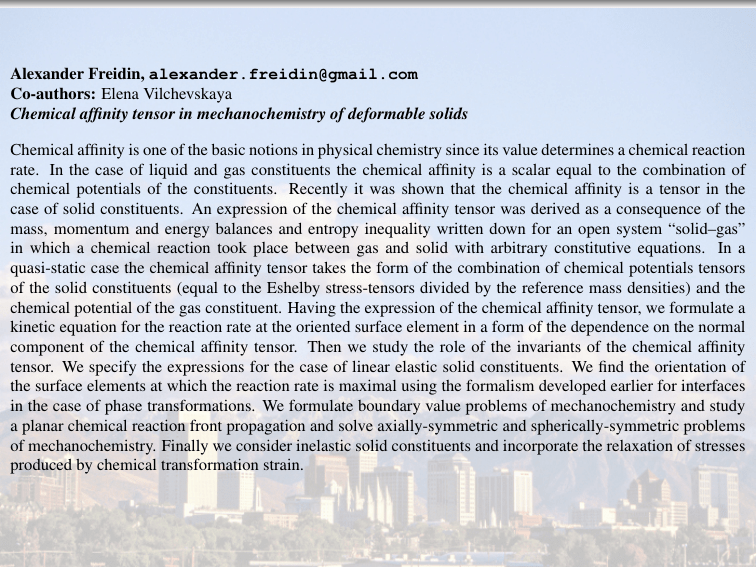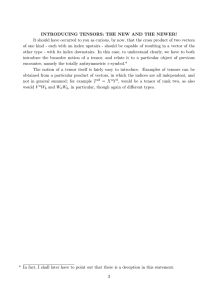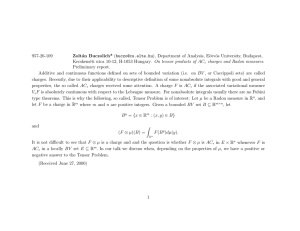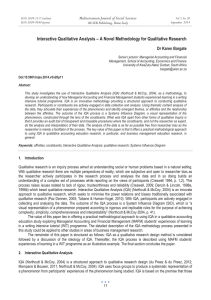Co-authors: Elena Vilchevskaya Chemical affinity tensor in mechanochemistry of deformable solids
advertisement

Alexander Freidin, alexander.freidin@gmail.com Co-authors: Elena Vilchevskaya Chemical affinity tensor in mechanochemistry of deformable solids Chemical affinity is one of the basic notions in physical chemistry since its value determines a chemical reaction rate. In the case of liquid and gas constituents the chemical affinity is a scalar equal to the combination of chemical potentials of the constituents. Recently it was shown that the chemical affinity is a tensor in the case of solid constituents. An expression of the chemical affinity tensor was derived as a consequence of the mass, momentum and energy balances and entropy inequality written down for an open system “solid–gas” in which a chemical reaction took place between gas and solid with arbitrary constitutive equations. In a quasi-static case the chemical affinity tensor takes the form of the combination of chemical potentials tensors of the solid constituents (equal to the Eshelby stress-tensors divided by the reference mass densities) and the chemical potential of the gas constituent. Having the expression of the chemical affinity tensor, we formulate a kinetic equation for the reaction rate at the oriented surface element in a form of the dependence on the normal component of the chemical affinity tensor. Then we study the role of the invariants of the chemical affinity tensor. We specify the expressions for the case of linear elastic solid constituents. We find the orientation of the surface elements at which the reaction rate is maximal using the formalism developed earlier for interfaces in the case of phase transformations. We formulate boundary value problems of mechanochemistry and study a planar chemical reaction front propagation and solve axially-symmetric and spherically-symmetric problems of mechanochemistry. Finally we consider inelastic solid constituents and incorporate the relaxation of stresses produced by chemical transformation strain.





